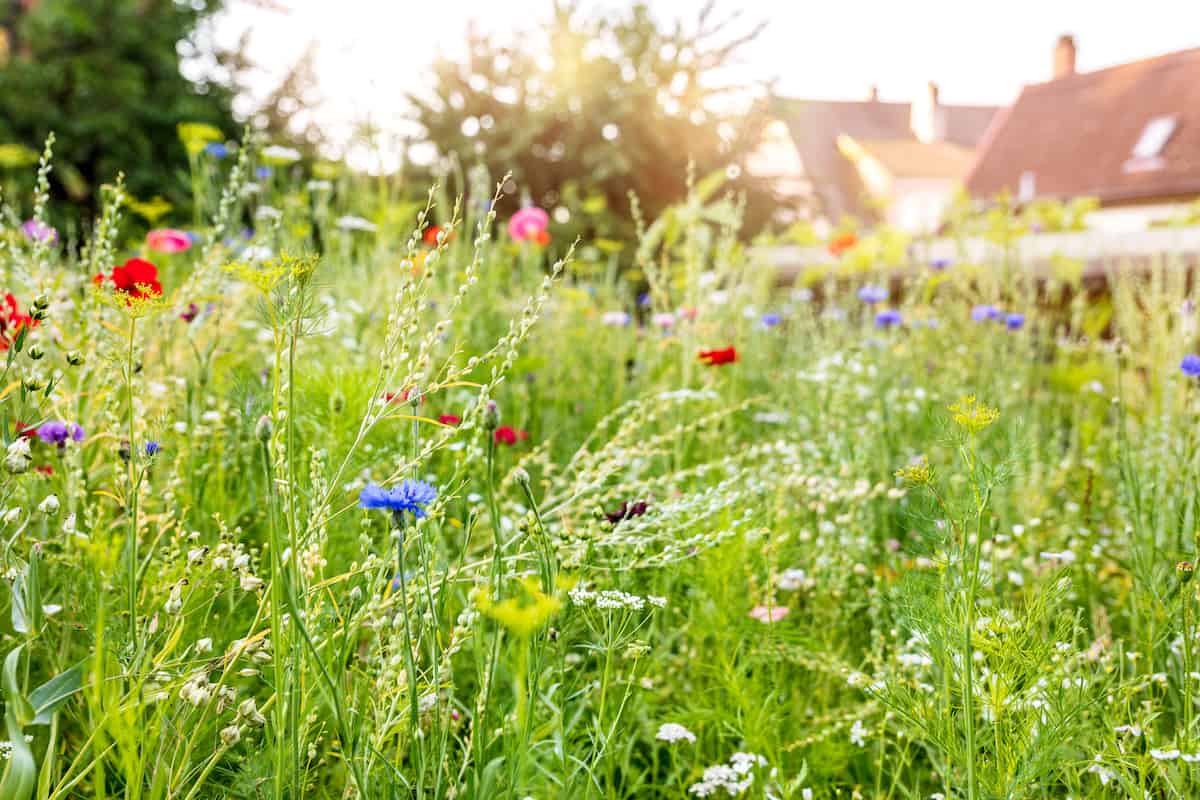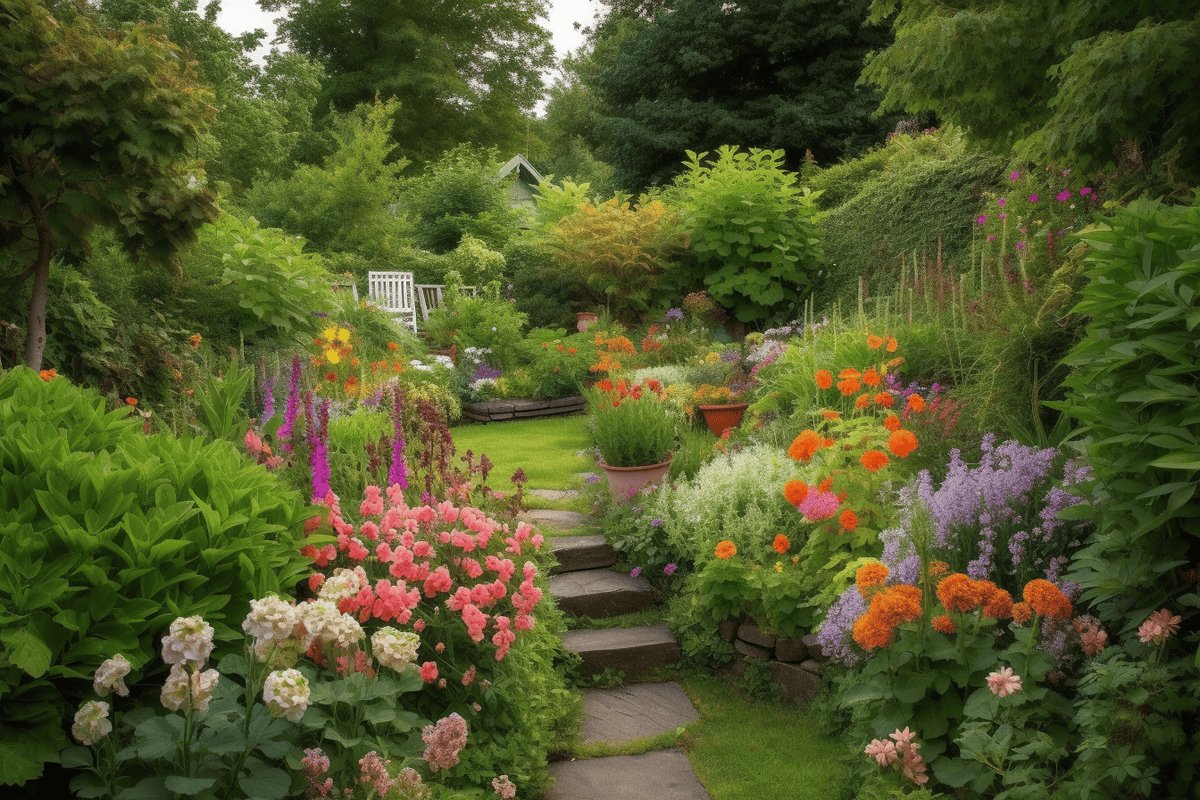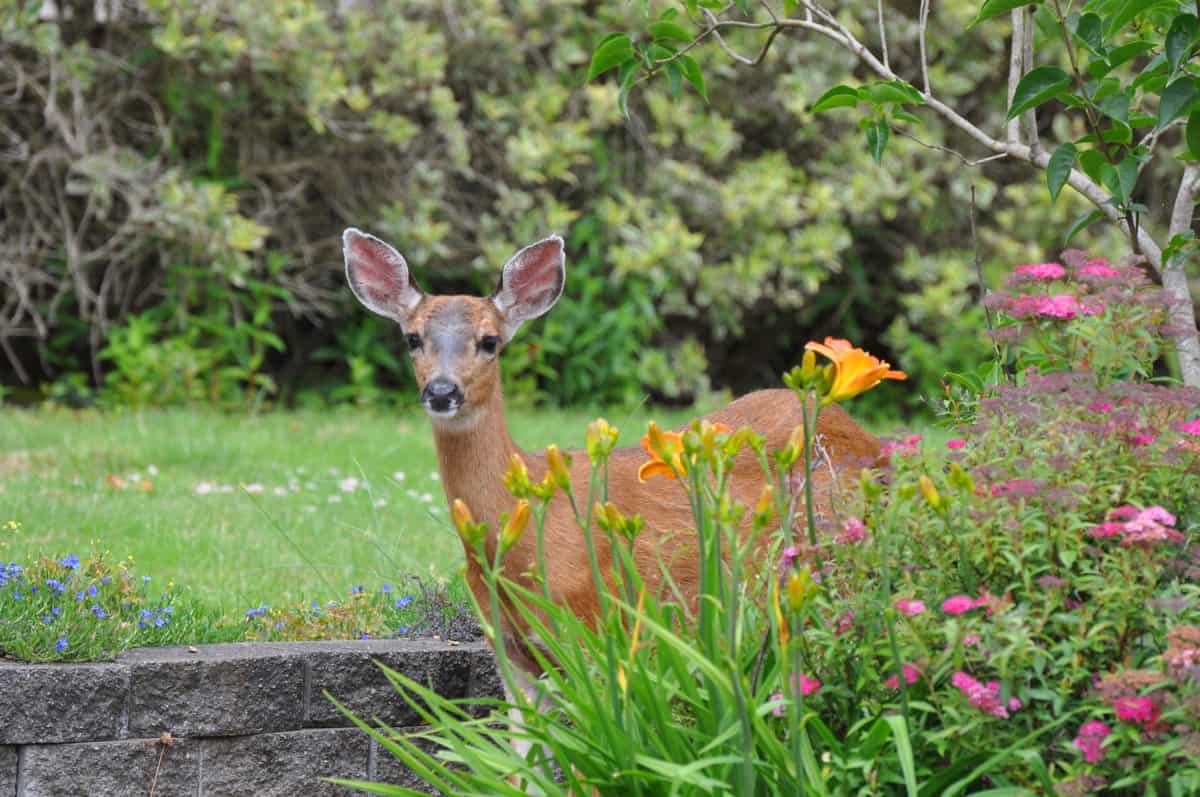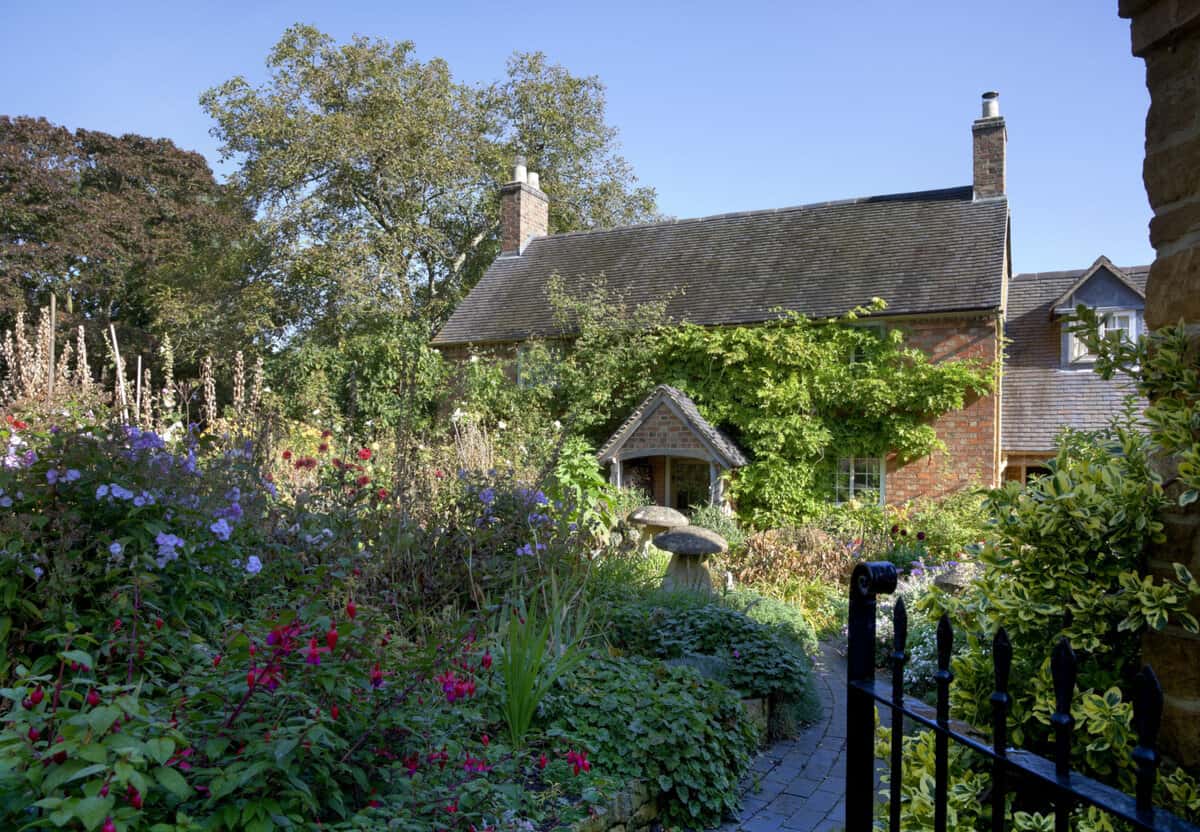"Embrace the wild" is starting to become the emerging mantra in the seemingly serene world of gardening.
In recent years, there has been a growing trend towards wild gardening, where homeowners are encouraged to embrace a more natural and unstructured approach to their gardens.

However, this trend has sparked controversy among gardening experts, with some claiming that it is a form of "brainwashing."
In this article, we will explore the concept of wild gardening and examine both sides of the debate to help you decide whether it's right for you.
The Rise of the Wild Garden Trend
Once upon a time, gardening was a structured activity, almost a war against nature.
Perfectly pruned roses, obsessively aligned flowerbeds, and immaculately manicured lawns were the rules of the game.

However, a new gardening philosophy is beginning to change this view.
Coined as "rewilding" or "wild gardening," this "ungardening" trend encourages gardeners to let their gardens grow naturally, allowing native plant species to reclaim their turf.
The experts who support this idea argue that wild gardens can support local ecosystems by providing habitats for local wildlife, promoting biodiversity, and maintaining the natural balance of nature.
Check out this couple's way of feeding local pollinators: Wildflower Takeover: How A Couple Transforms Their Yard Into A Bee Paradise Yearly
A Discussion on the 'Brainwashing' Accusation
As the wild garden trend gains momentum, a counter-argument has arisen, spearheaded by a section of garden experts who claim homeowners are being 'brainwashed' into adopting this trend.
They point out several potential problems.
Firstly, they argue that the trend is often marketed under the banner of environmentalism, swaying homeowners by tugging at their eco-conscious heartstrings.
While it's undeniable that wild gardens can boost local ecosystems, critics argue that the extent of these benefits is often overstated.
Secondly, critics point out that wild gardens, if not managed correctly, can become breeding grounds for pests and invasive species.
They can also pose fire risks and become problematic for neighboring properties who maintain traditional gardens.
The Case for and Against Wild Gardens
As the debate heats up, let's consider the key arguments for and against wild gardens.

On the positive side, wild gardens have the potential to create rich, diverse habitats for a variety of species.
They can conserve water, reduce reliance on harmful pesticides and fertilizers, and act as carbon sinks, helping to mitigate climate change.
Aesthetically, they can add a touch of wild beauty to urban landscapes, providing a refreshing contrast to manicured lawns and formal flower beds.
On the flip side, wild gardens can indeed become unmanageable if left completely unchecked.
The spread of pests and invasive species can harm local biodiversity and potentially pose risks to surrounding gardens.
Wild Gardening...To Do or Not To Do?
Like most debates, the answer to this question isn't clear cut. If you're a homeowner considering letting your garden run wild, here's our advice: balance is key.

By all means, embrace the wild garden trend if it appeals to you. However, remember that even wild gardens need some degree of management.
Regularly check for and control invasive species and pests.
Be mindful of the potential impact on your neighbors, and take steps to mitigate any risks, such as fire hazards.
In essence, aim for a 'managed wildness'. Create a space that encourages local flora and fauna, but in a way that remains considerate to the wider community and ecosystem.
After all, the goal of gardening - wild or not - should be to cultivate harmony with nature.
For more garden themes, check out these other articles:
13 Boat-Shaped Planters That Are Perfect For A Nautical-Themed Garden
